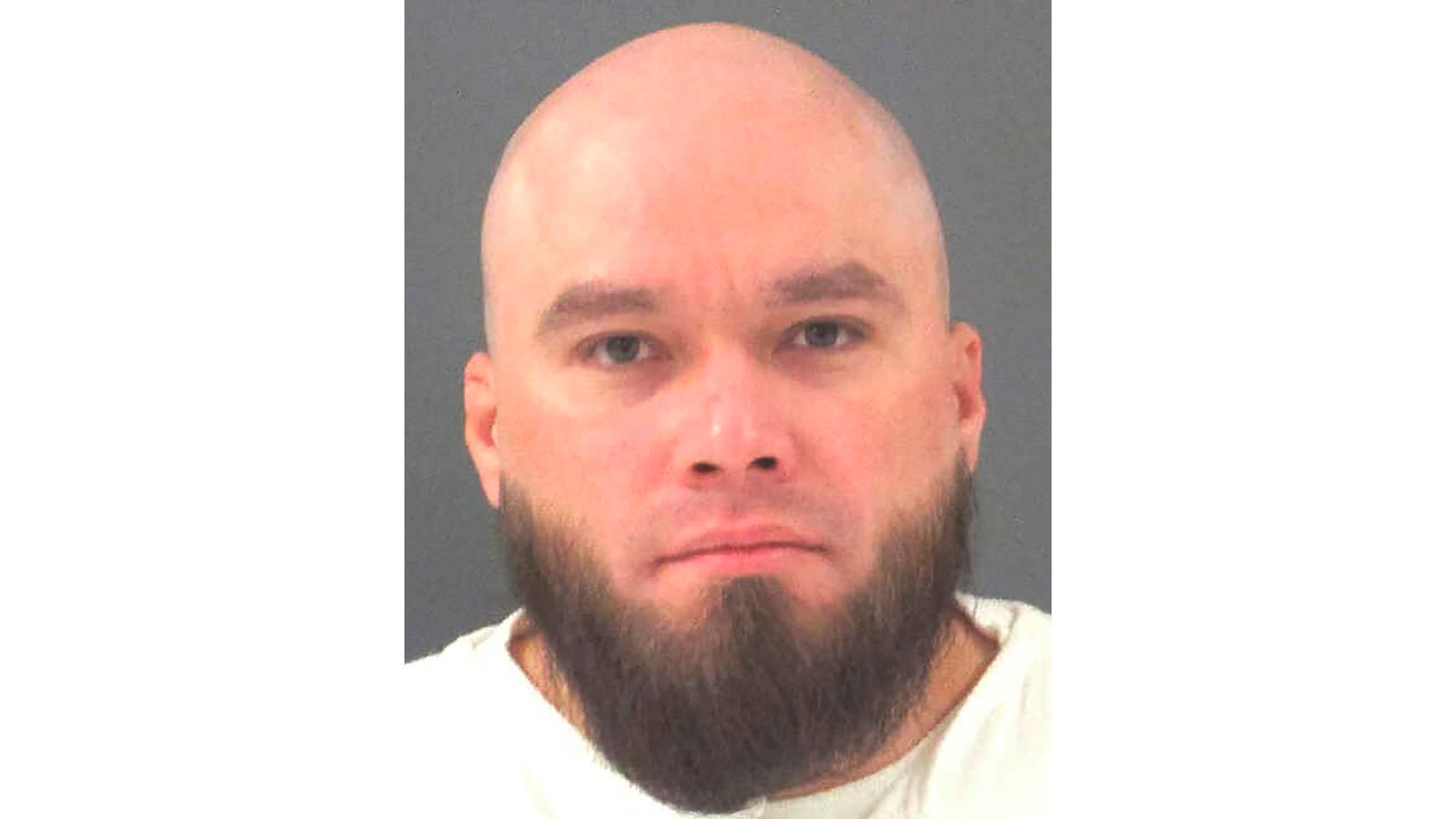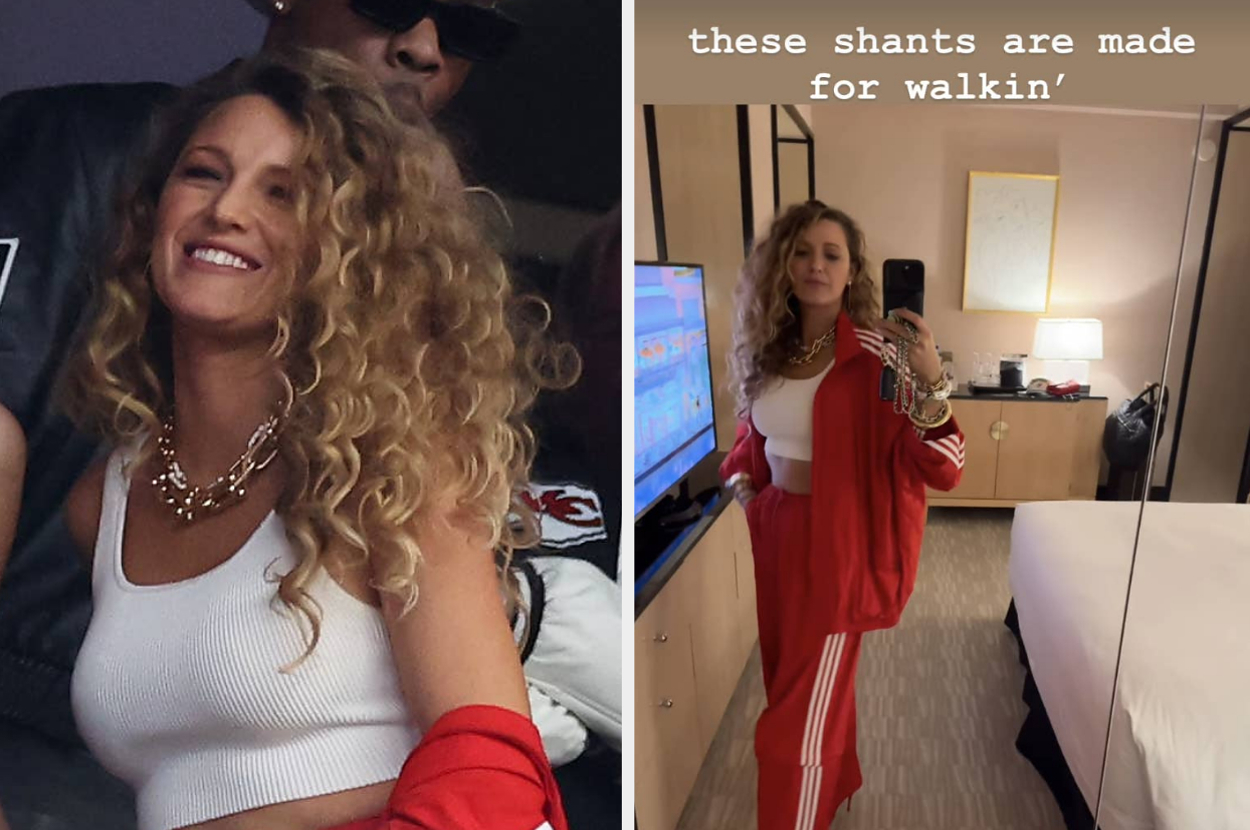Death row inmates must be allowed to have pastors pray aloud and even touch them during their executions after the US Supreme Court sided with a prisoner awaiting the lethal injection.
Texas prisoner John Henry Ramirez had challenged state rules that would have forced his pastor to remain silent and apart from him when he is put to death.
Chief Justice John Roberts wrote that “it is possible to accommodate Ramirez’s sincere religious beliefs without delaying or impeding his execution”.
The decision comes after other US states and the federal government have recently carried out executions where audible prayer and some physical contact were permitted in the execution chamber.
Mr Roberts rejected concerns that allowing a pastor to touch an inmate could interfere with the intravenous lines that carry the drugs used to execute an inmate.
Prior to the last several years, Texas had permitted prison chaplains to pray with inmates in the execution chamber.
Under a federal law that protects the religious rights of prisoners, Texas needed to show both a compelling need for its policy and show that its restrictions were the least necessary to accomplish officials’ security and other goals.
Justin Bieber drops $20m defamation lawsuit over sexual assault allegations
Flights grounded and homes damaged after tornadoes in Texas and Oklahoma
Child, 13, driving pickup truck in crash that killed nine in Texas
The justices said Texas had not done so.
Only one of the nine Supreme Court Justices dissented – Justice Clarence Thomas.
Mr Thomas said that Ramirez has repeatedly attempted to delay his execution and his current lawsuit “is but the latest iteration in an 18-year pattern of evasion”.
Ramirez is on death row for killing a Corpus Christi convenience store worker during a 2004 robbery.
He stabbed Pablo Castro 29 times and robbed him of $1.25 (about £1).
Ramirez’s attorney Seth Kretzer said in a telephone interview that he was “ecstatic” about the ruling.
He said he expects Texas to rewrite its policy as a result of the decision, but he said it was unclear how long that might take or what restrictions the state might still seek to impose.








